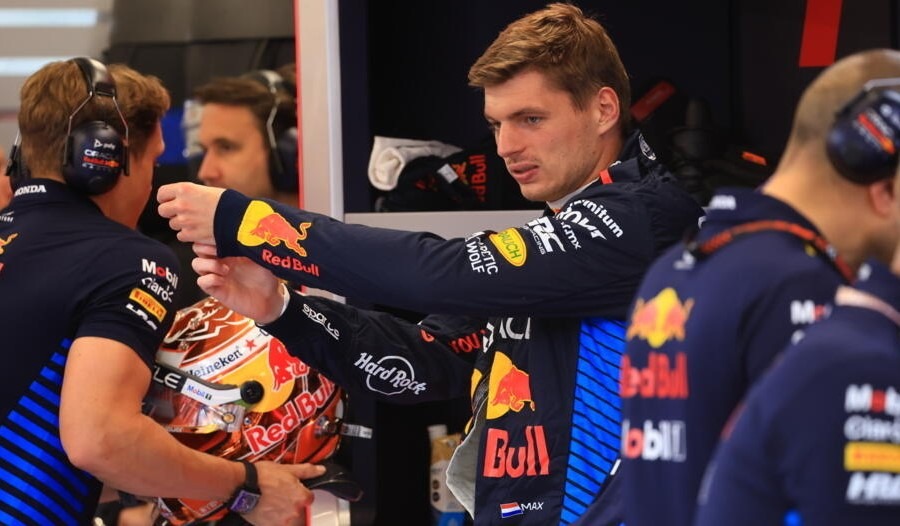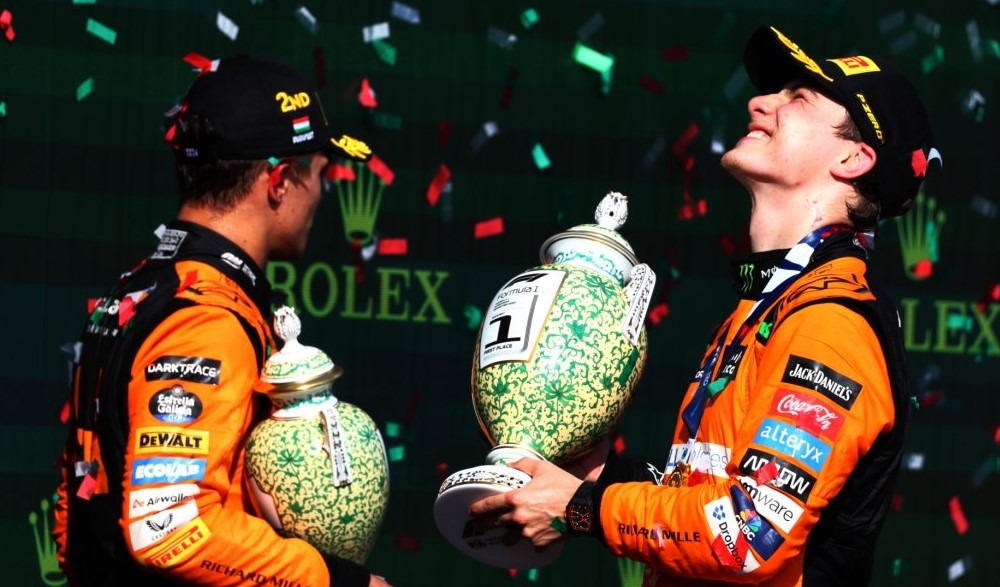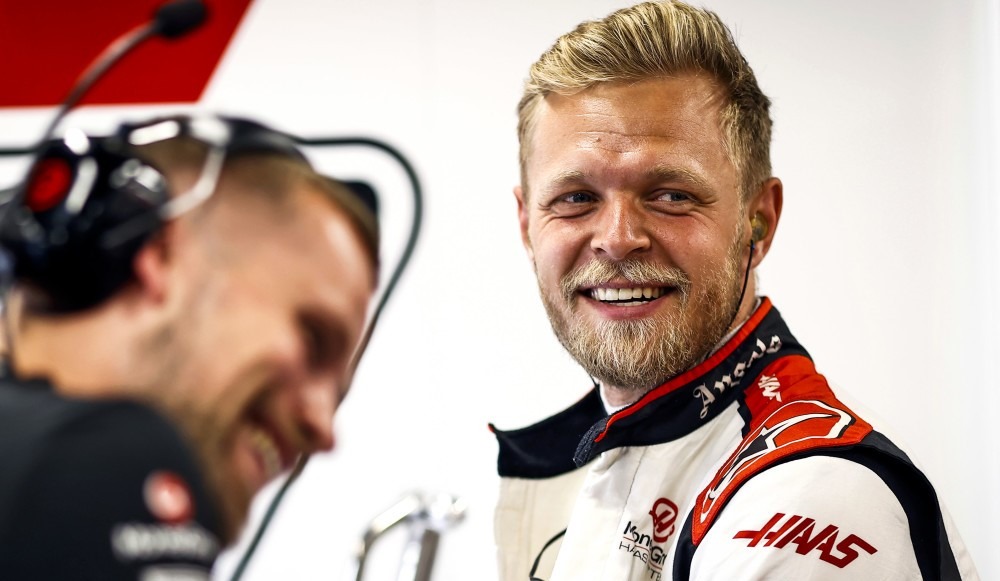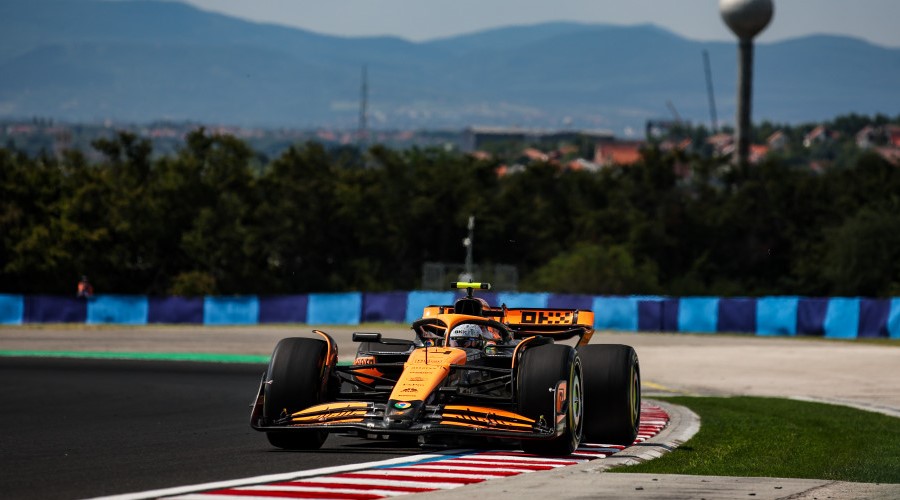Formula 1 CEO Stefano Domenicali has stated that he is willing to explore alternative engine rules from 2030 in a bid to thrill fans with more noise.
Formula 1 might be saying goodbye to the controversial ‘hybrid’ engine era by 2030 as F1 CEO Stefano Domenicali predicts a “closer battle” this weekend at Imola and says he is personally open to revamping engine rules to potentially do away with the hybrid elements – but not until 2030.
F1 was one of the most visually stunning spectacles in motorsport in the early 2000s with its noisy, high-revving V10s that could hit over 20,000 rpm. However, when V8s were introduced in 2006, that was somewhat reduced before V6 Hybrids entirely smothered it in 2014.
The turbo hybrids’ reduced noise level in comparison to the previous V8s has been a source of concern since their introduction. Although they have become slightly louder while there were expectations of a significant improvement for 2026, it is evident that they are still below what Formula 1 wants.
Alternatively, F1 may consider a variety of solutions, such as new technology or even old-fashioned V8 engines, so as to find a solution that meets the requirements of grand prix racing.
As a result, the next rules era has begun attracting close attention, as F1 management and the FIA are on the verge of finalizing the 2026 chassis and power unit regulations over the next couple of weeks.
The next generation of V6 Hybrids is scheduled for introduction in 2026 and it will include a 50/50 internal combustion engine (ICE) and electric power split, and its power units will produce more noise than they did in 2014. However, Domenicali is willing to make further changes in the future to increase the level of noise.
Speaking to Motorsport.com ahead of the Emilia Romagna Grand Prix, Domenicali expressed his optimism that the sport might return to making some noise on the engine front. Additionally, he made the suggestion that giving up hybrids in favor of an alternative path would be something to consider if Formula 1’s 2026 transition to exclusively sustainable fuels is successful.
“As soon as the 2026 regulations are defined, we will start to think about what the next steps will be, such as the 2030 engine,” said Domenicali. “It is a personal consideration of mine, not yet shared with the teams, even if we have spoken about it with the FIA, that if sustainable fuels work, we will need to carefully evaluate whether to continue with hybrid (technology) or whether better solutions will be available.”
Although Domenicali did not provide any information regarding the alternatives, there have been several hints in recent years that the environmental arguments against the popular V8s will be gone if the sport manages to succeed in implementing fully sustainable fuel.
A step in that direction would also aid in the reduction of automotive weight, a subject that has gained attention recently as the choice of turbo hybrids has forced some compromises on the new car regulations, despite the fact they haven’t been finalized yet.
At the moment, cars must weigh a minimum of 798 kg, including the driver and fuel.
Domenicali provided an update on the 2026 regulations, indicating that they should be finalized well in advance of the June 30 deadline and adressed the weight situation, but emphasized that noise is crucial.
“The sore point, but unfortunately necessary at the moment, is related to the weight of the single-seaters,” he said. “By keeping the hybrid power unit solution also for 2026, a significant increase in weight is inevitable.
“If we compare a prediction of the 2026 single-seater with a car from 10 years ago, we can see that weight has become a significant issue. All drivers would like to have lighter cars, and personally I would also like a slightly larger sound.
“On this last front, we are working to try to increase the number of decibels.
“From the research we are carrying out, it emerges that all markets, and all age groups, want a better sound as well as the energy and vibrations that only a certain type (of engine) is capable of transmitting when you are close to the track.”
Domenicali also highlighted the fact that the calendar would stick to a maximum of 25 races per season, and that the possibility to further increase the number of sprints from the current six exists.





